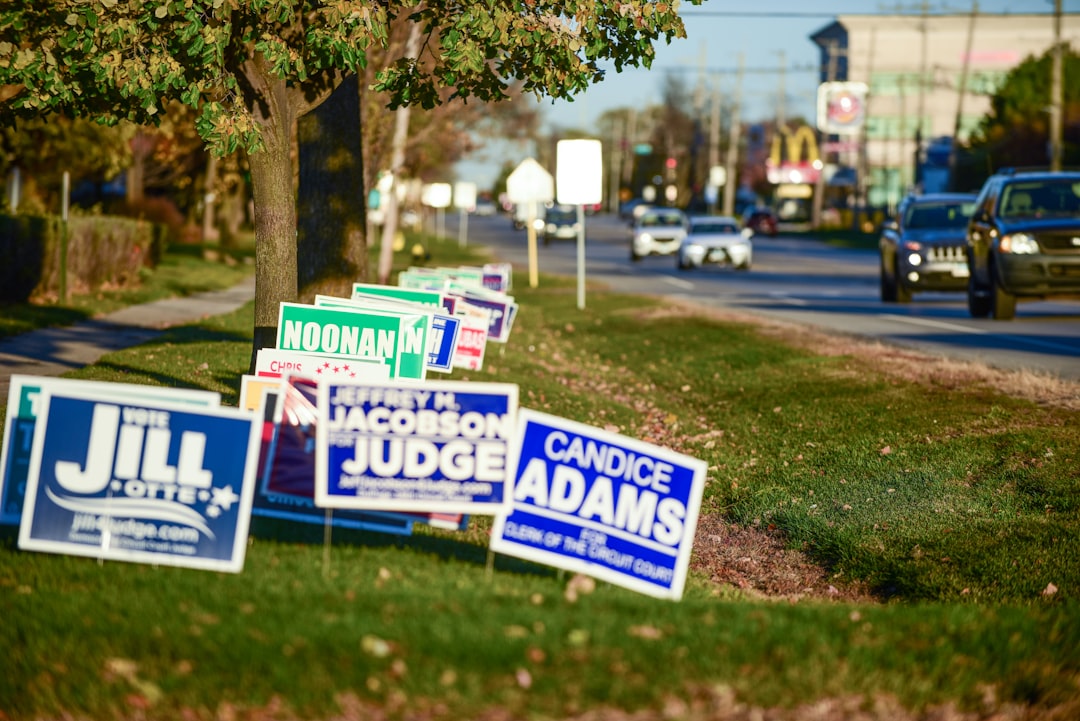What if an election happened, but nobody showed up? This poignant question echoes through political circles, raising concerns about the engagement of young voters – those under thirty. Recent polls reveal a disheartening trend: younger voters are growing increasingly disconnected from news and are becoming skeptical of the American political process. This trend could significantly impact the impending 2024 election, demanding attention from both major parties – Democrats and Republicans – as they navigate the path forward. A study conducted by the Reuters Institute underscores this trend, indicating that 39% of voters aged 18-34 rely on social media for news, abandoning traditional news sources (Reuters Institute). These potential voters express disillusionment with conventional parties in the US and UK, leading them to explore third-party candidates.
Among the contributing factors to youth disengagement is the perception that the US voting system is needlessly complex. This sentiment is compounded by the reality that younger workers, often having less control over their schedules, face higher opportunity costs when voting compared to more flexible demographics (Symonds). Voting must be streamlined for simplicity and flexibility to invigorate youth participation.
Another deterrent for young voters is their lack of trust in governmental institutions, particularly the Supreme Court. This mistrust often translates into a belief that the Court might overturn popular decisions made by voters (Fowlkes). Although issues like abortion rights are important to many young Americans, it remains uncertain whether opposition to abortion restrictions will sufficiently motivate them to cast their votes.
The implications of this waning engagement extend beyond the immediate election cycle. Analysts underscore the importance of voting as a habit formed early in life. The absence of this habit could perpetuate into the future, potentially eroding the democratic foundation of the nation. Low voter turnout paves the way for extremist groups at both ends of the political spectrum to wield disproportionate influence.
This phenomenon finds illustrative examples in recent elections. Despite the majority opposing stringent abortion laws, such laws have been enacted and upheld due to low turnout among specific demographics. This disconnection between public sentiment and policy decisions underscores the urgent role that youth voters should play in shaping a more representative political landscape.

Both major political parties are called upon to confront this challenge head-on. Ensuring their viability in the long term necessitates active engagement with young voters. The essence of democracy thrives on robust participation in the electoral process, making it imperative to actively involve all citizens, especially those who will determine the trajectory of the future.
In a time when democratic ideals face multifaceted challenges, fostering the involvement of young voters becomes a critical endeavor. The clarion call for action reverberates within this generation, beckoning political leaders to rethink strategies, simplify procedures, and rebuild trust. A democracy that flourishes hinges on the enthusiastic engagement of its youth, ensuring that the haunting question, "What if an election happened, but nobody showed up?" remains a mere hypothetical and not a disheartening reality.


